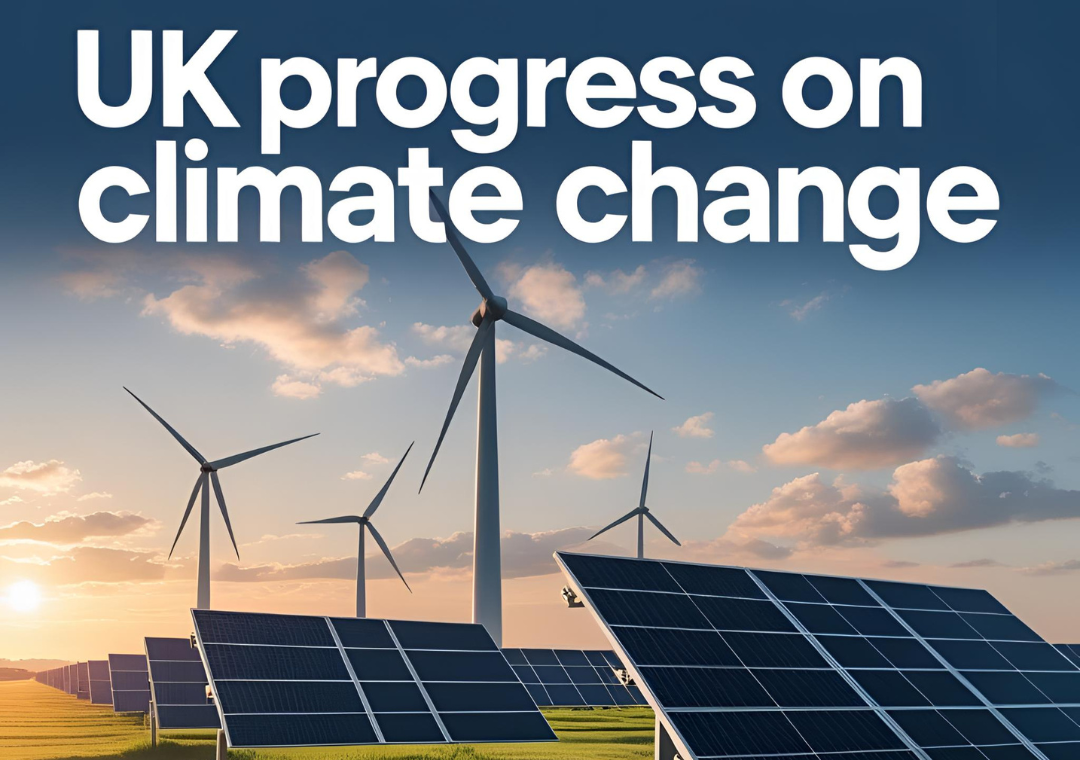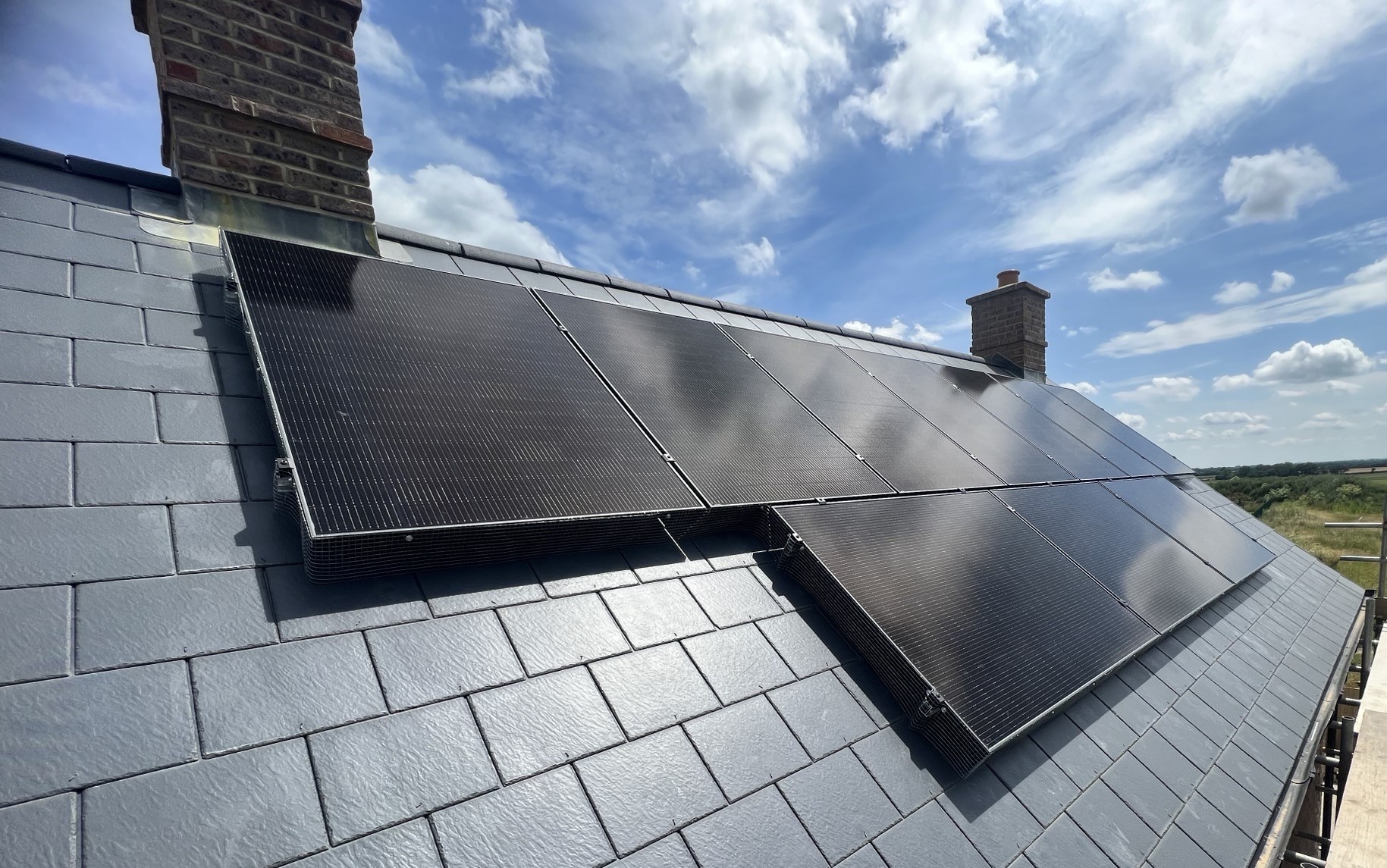The Climate Change Committee has analysed the UK’s progress on reducing emissions and delivering net zero ambitions with some positive news. The report also provides some key recommendations to support the UK in reaching its climate targets.
What does the 2025 Progress Report cover?
The Climate Change Committee is an independent body that advises the UK government on emissions targets. Their report examines all areas of carbon emission reduction, which include industry, buildings, transport and electricity supply. It examines the progress made in the previous 12 months and looks at how the UK is adapting to climate change impacts.
The report had some positive findings on progress, which include UK carbon emissions halving since 1990. The UK is the first major economy to manage this achievement, which is largely due to a decrease in emissions from the electricity supply.
What has the UK achieved?
The Climate Change Committee’s 2025 Progress Report examined progress, and the key achievements include:
There has been a strong drive to decarbonise the UK electricity system with the expansion of renewable energy capacity in the UK. During 2024, wind power and solar energy capacity grew more than in the previous six years.
There has been an increase of over 56% in heat pump installations in the UK during 2024, which has been aided by the UK government scheme called the Boiler Upgrade Scheme. This scheme incentivises heat pump installations with a substantial grant.
Over the last two years, the number of electric vehicles on the road has doubled to support emission reduction. They predict that by 2028, the cost of electric cars could be at similar levels to petrol cars, which could further increase take-up.
Is this enough?
The policies regarding cutting emissions have improved since the Labour government was elected, but further action is needed to reach net zero. The report says that if the UK stays on course and continues to take action, it could reach its climate targets.
The progress so far has been largely achieved from decreasing emissions from electricity supply, and 80% of the remaining target to be achieved needs to come from buildings, transport and industry by 2030.
To do this, people need to be properly supported to move away from fossil fuels and switch to clean heating and vehicles. For example, heat pump take-up in the UK is behind the rest of Europe despite the increase in installations, with only 1% of homes having a heat pump.
Mechanisms also need to be put in place to decarbonise public buildings, regulations are needed to not connect new homes to the gas grid, and the electrification of industrial heat needs to be accelerated.
The report reemphasises the recommendation of making electricity cheaper to encourage the take-up of electric technologies such as electric vehicles and heat pumps. This would involve removing the policy costs from the cost of electricity, and this remains their number one recommendation.





